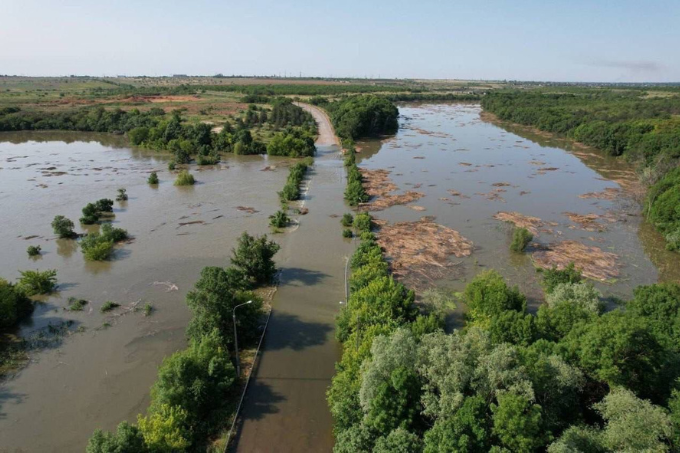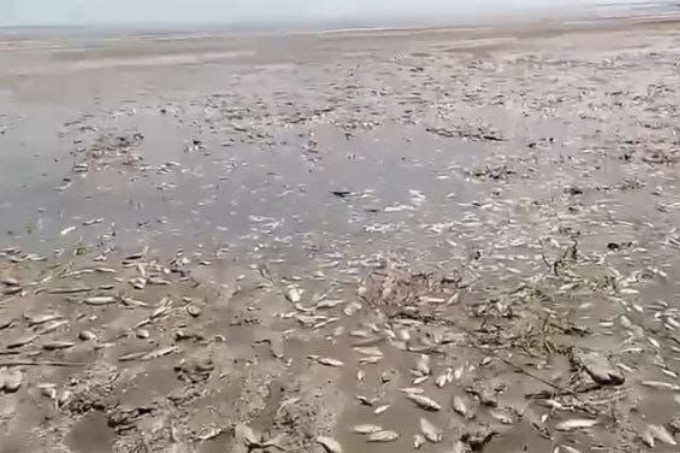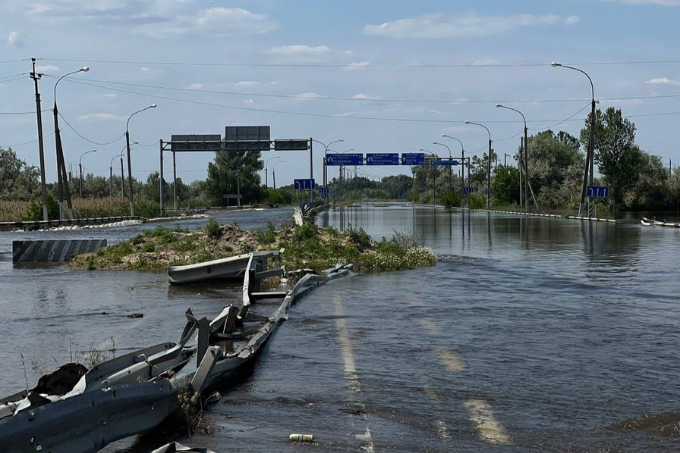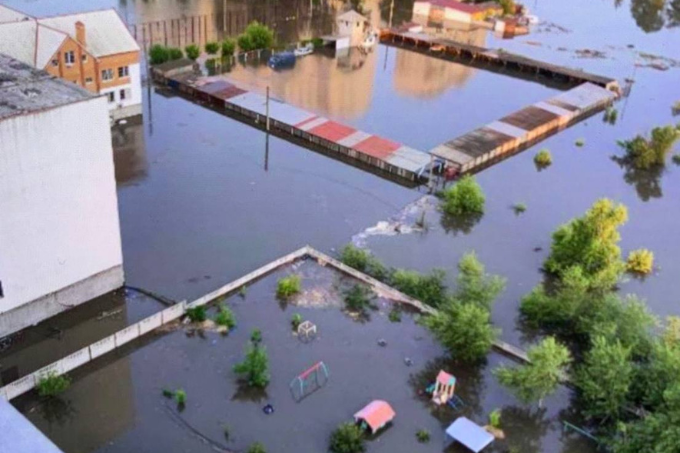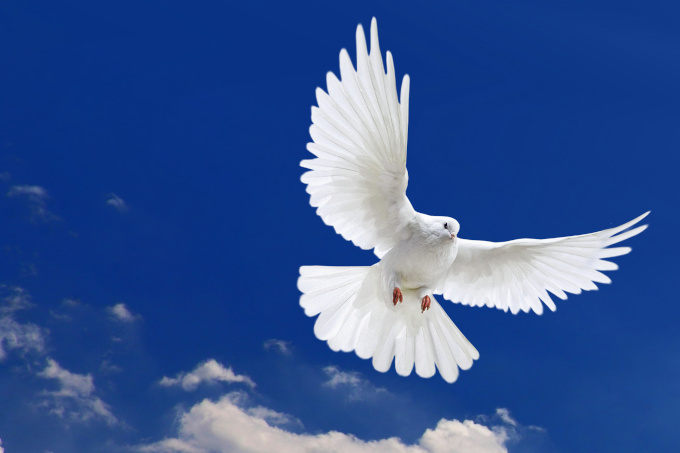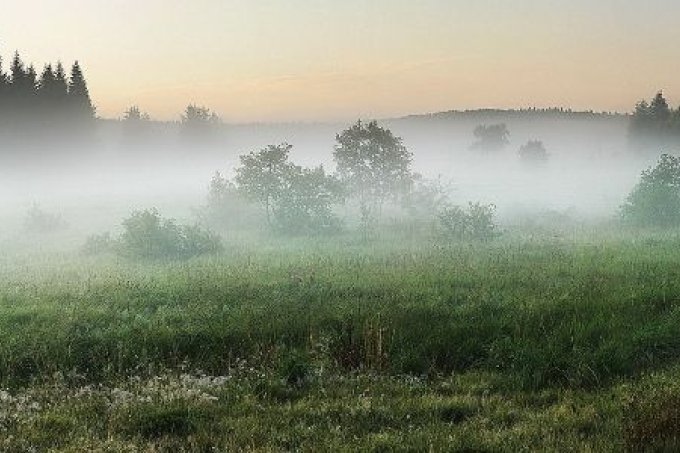Help for people in Ukraine
A little peace - environmental education for young and old
Transcarpathia in Western Ukraine is considered the safest region in the country: More refugees arrive every day, many of them children. We are collecting donations for our Ukrainian partner IERS, which provides humanitarian aid on site since the beginning of the war. more →

